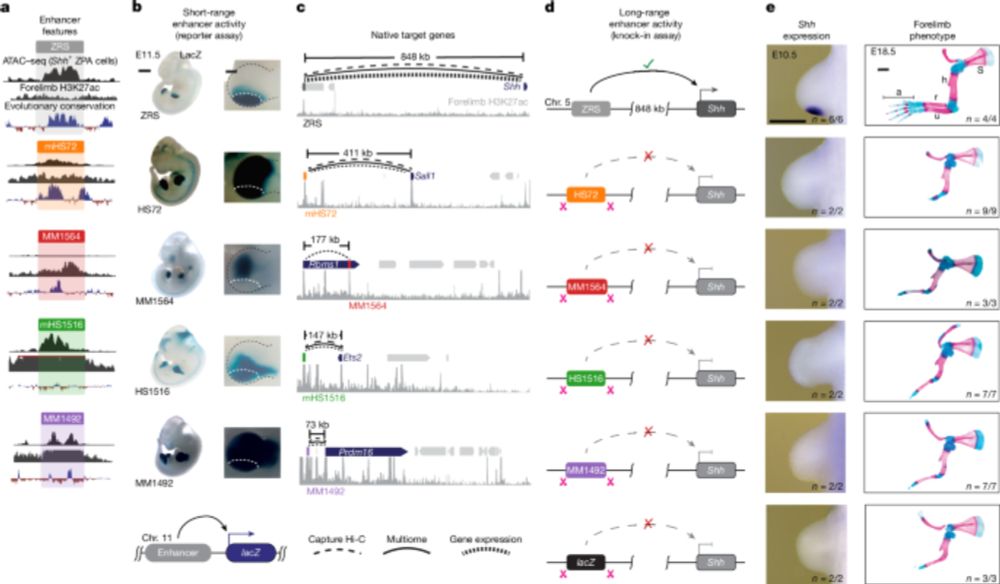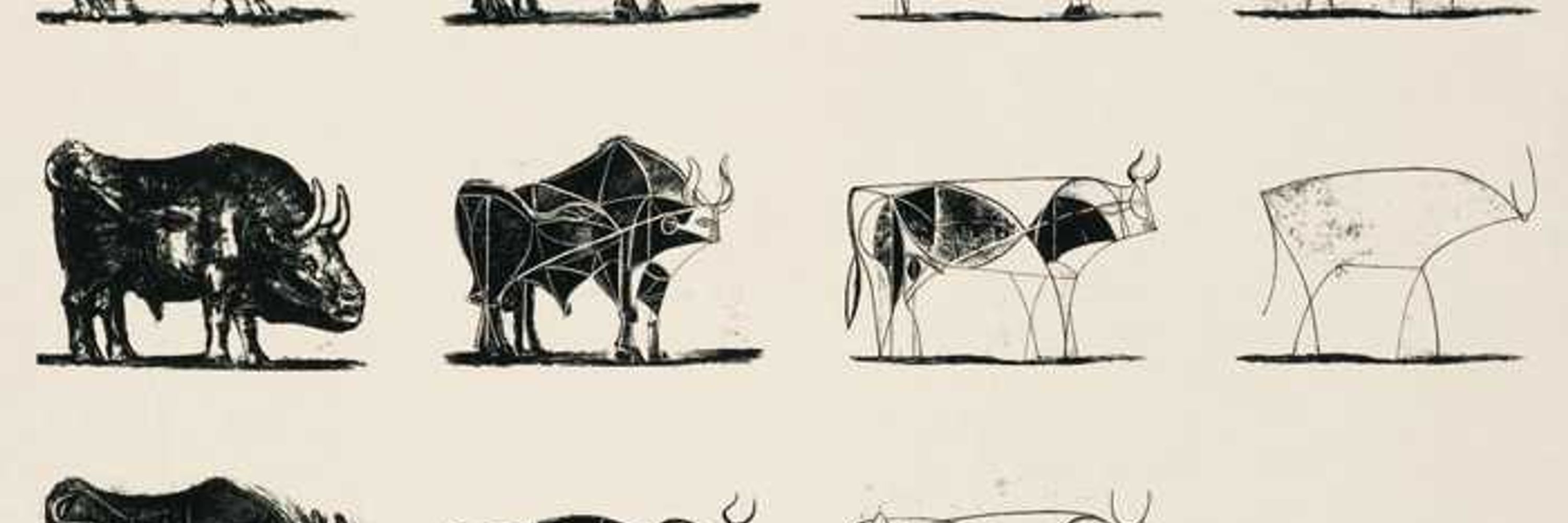
Gene regulation in development and disease.

"We need to get up from under our desks and persuade our fellow citizens that the institutions that they have helped create with their tax dollars are incredibly precious and important."
"We need to get up from under our desks and persuade our fellow citizens that the institutions that they have helped create with their tax dollars are incredibly precious and important."
cuts to biomedical research mean: cures that won’t happen. Please share this widely. This is a catastrophe. www.nytimes.com/2025/08/24/o...

cuts to biomedical research mean: cures that won’t happen. Please share this widely. This is a catastrophe. www.nytimes.com/2025/08/24/o...
We are thrilled to announce that our lab’s first preprint is out!
”Whole-genome single-cell multimodal history tracing to reveal cell identity transition”
We report HisTrac-seq, a multiomic single-cell molecular recording platform.
www.biorxiv.org/content/10.1...
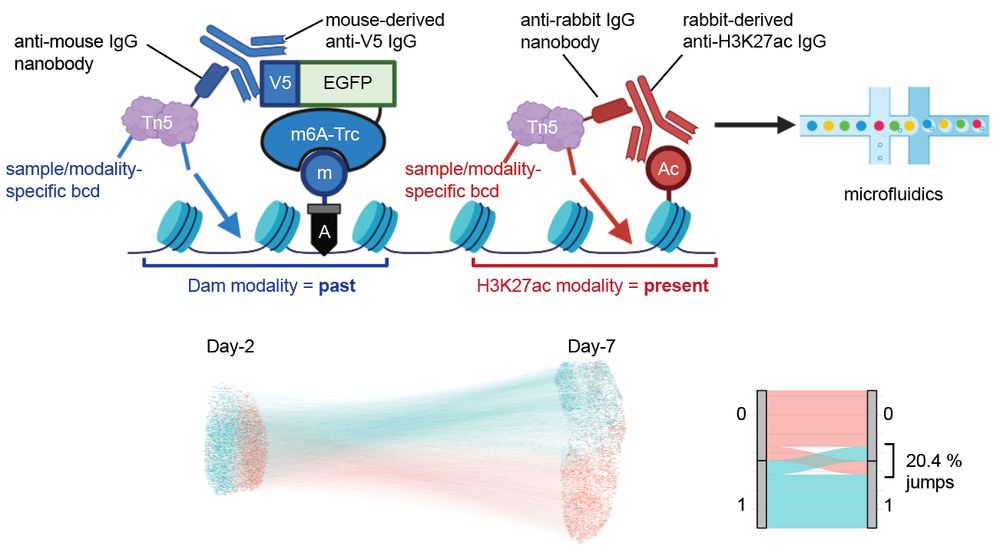
We are thrilled to announce that our lab’s first preprint is out!
”Whole-genome single-cell multimodal history tracing to reveal cell identity transition”
We report HisTrac-seq, a multiomic single-cell molecular recording platform.
www.biorxiv.org/content/10.1...
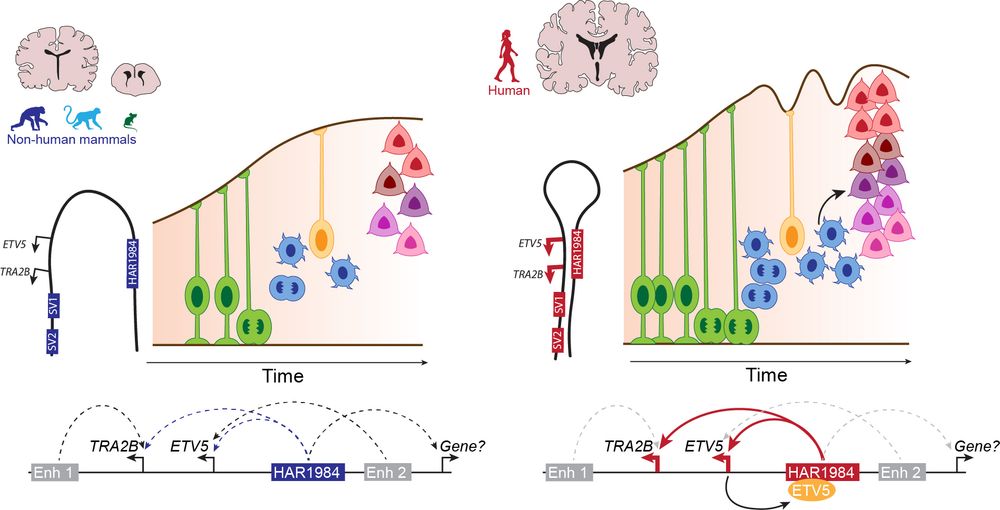
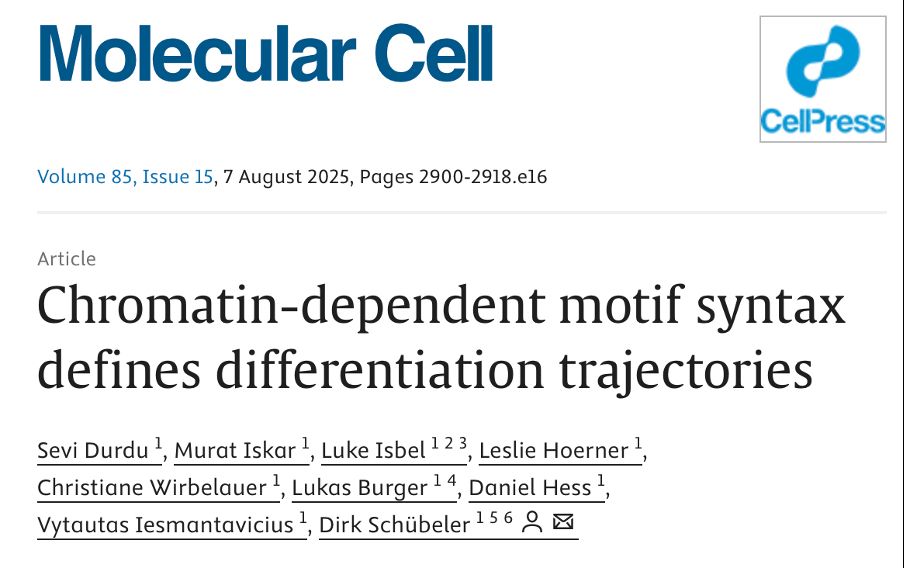
Maternal and paternal alleles can have distinct — even opposite — effects on human traits, revealing a hidden layer of genetic architecture that standard GWAS miss.
🔗 www.nature.com/articles/s41...
Highlights below!
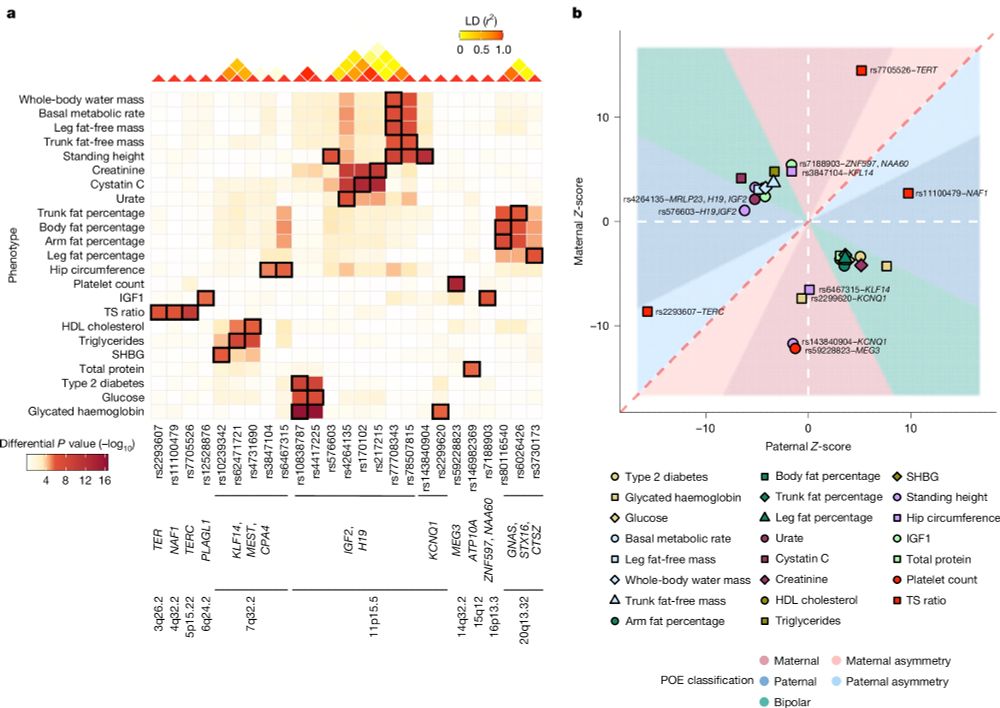
Maternal and paternal alleles can have distinct — even opposite — effects on human traits, revealing a hidden layer of genetic architecture that standard GWAS miss.
🔗 www.nature.com/articles/s41...
Highlights below!
Incredibly grateful to Evgeny, the lab, my family, and many more whose support made this possible

Incredibly grateful to Evgeny, the lab, my family, and many more whose support made this possible
Below is a brief description of the major findings. Check the full version of the paper for more details: www.nature.com/articles/s41588-025-02248-5
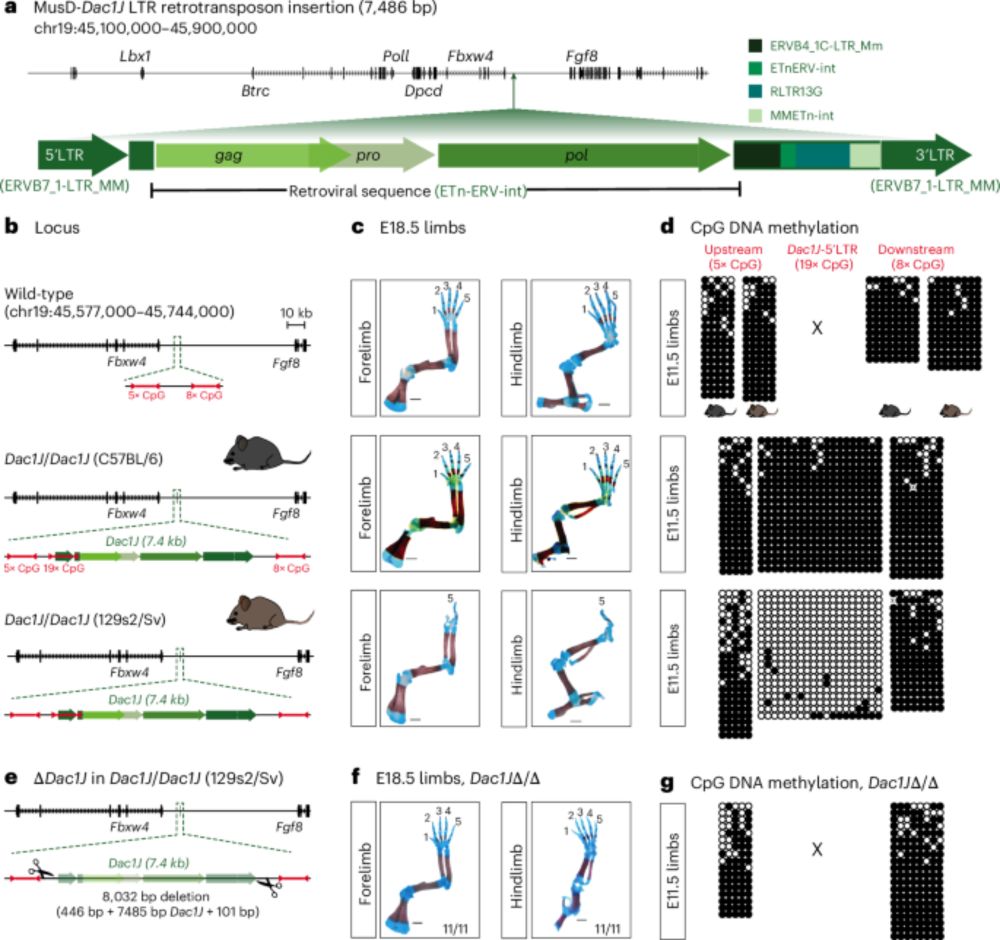
Below is a brief description of the major findings. Check the full version of the paper for more details: www.nature.com/articles/s41588-025-02248-5
